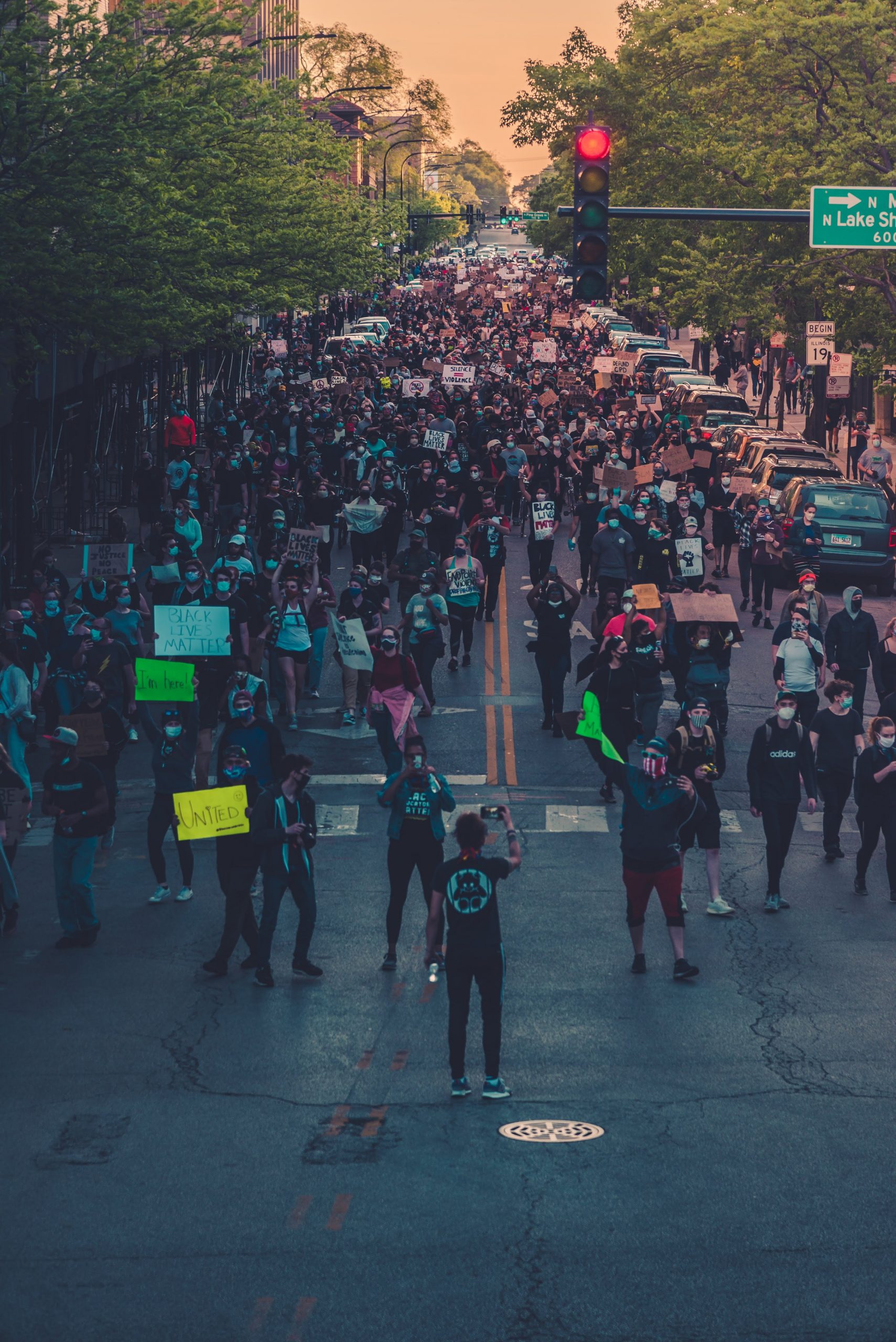
Comment Writer Caitlin Cahill takes a look at Extinction Rebellion’s recent protests as they become increasingly out of touch with those who matter most
To me, the climate emergency is the most important issue we face as a global society and all possible action must be taken to tackle this. I don’t eat meat; I try to avoid fast-fashion and buy second hand when possible and I seem to be constantly frustrated with policy makers seemingly pathetic legal response to the climate emergency. I unreservedly believe in the intention of the protest group ‘Extinction Rebellion’ (XR), one of the UK’s highest-profile environmental pressure group with the aim of compelling governments to act on climate change through non-violent protests and civil disobedience.
However, I am also concerned that in lieu of recent protests in London which displayed their extreme tactics and their relatively middle class and homogenous demographic, that the group is heading in a dangerous direction towards alienation of the mainstream in which their essential message will be lost.
‘Environmental classism’ is not new. The general rhetoric surrounding environmentalism and issues such as ethically produced goods and the demise of fast fashion has reinforced the idea that sustainable living and conservationism is expensive and not accessible to the working class. Equally, mainstream environmental activists, policymakers and scholars are often failing to support working-class people and address the environmental issues affect them directly. This leads to alienation from mainstream environmentalism.
“Observably middle-class, educated, and predominantly white
XR protests are no different. Observably middle-class, educated, and predominately white; without strong roots in working-class organizations or communities; XR does not appear to speak for the vast majority of our society. Whilst intentions are noble, and any suggestion that protests are in any way a selfish agenda to me is absurd, I do believe there is an air of naivety within the revolution and its contribution to environmental classism.
A study, published under the United Nations Research Institute for Social Development, demonstrated which factors have been shown to stop groups coming together for social justice – specifically how divisions between social classes can destabilize the common purpose of environmentalism. The research shows that many mainstream environmental movements fail to involve Black, Asian and Minority Ethnic (BAME) people and low-income groups for many reasons. Notable factors including costs, such as time and money, and tactics which are off-putting, such as illegal activity, or lengthy and frequent meetings.
“Many mainstream environmental movements fail to involve Black, Asian and Minority Ethnic (BAME) people and low-income groups
With current XR demonstrations in London requiring participants to be financially secure enough to take time away from work to protest and to practice controversial tactics of civil disobedience, it is unsurprising they are failing to engage. A YouGov poll released last week found over half of the public oppose Extinction Rebellion’s aim to ‘shut down London’, whereas only around one third were in support.
One of the most controversial features of the current XR protests is the deliberate use of illegal and disruptive activism by protestors, making them subject to arrest. It has been reported that 1,100 arrests were made during the first four days of demonstrations. Some critics have strongly criticised this, suggesting that the way XR protests have conceptualized the police and the state, and specifically being arrested, shows a carelessness and ignorance to issues of discrimination and mistreatment of some minority groups within the judicial system. Although innovative in achieving media coverage, the narrow focus on tactics of civil disobedience inevitably elevates the voices of the white, middle class, privileged individuals to whom arrest isn’t potentially life-ruining. This is exclusionary of both people of colour, the transgender community and all other groups who have, in the past, experienced serious institutionalised discrimination and mistreatment at the hands of the police and judicial system, and of anyone who is not financially secure enough to risk the career damage that can come with a criminal record.
“One of the most controversial features of the current XR protests is the deliberate use of illegal and disruptive activism by protestors
XR does acknowledge that arrest is ‘not a good idea for everyone.’ However, I believe that using a tactic, such as mass arrest, that is only viable to a small minority of the population conveys a subtle message of exclusivity. I agree that privilege must be used to make practical progress, but I believe that current methods are ultimately alienating individuals in a time when we should be coming together. I fear for the movement’s longevity.
I argue that now an adjustment of tactics is needed. XR must become more accessible to the average population who cannot take two weeks off work to protest, or for whom arrest and a criminal record is potentially life-ruining. The protests have made vital progress. By shutting down significant areas on central London XR have achieved a feat that environmental activists of the past could only have dreamed of and the significance of this must not be understated. However, now protests have successfully brought the spotlight to climate change and stimulated positive debate, we must work on developing a broad-based, inclusive support system for the cause that is accessible to everyone and will continue the positive momentum of climate activism that has been ignited. There must be a shift towards constructive electoral strategy – a far broader political struggle – to elect representatives who will develop the economic policies and political frameworks required to force action. Crowding police cells and blocking bridges can only get us so far.
Comments